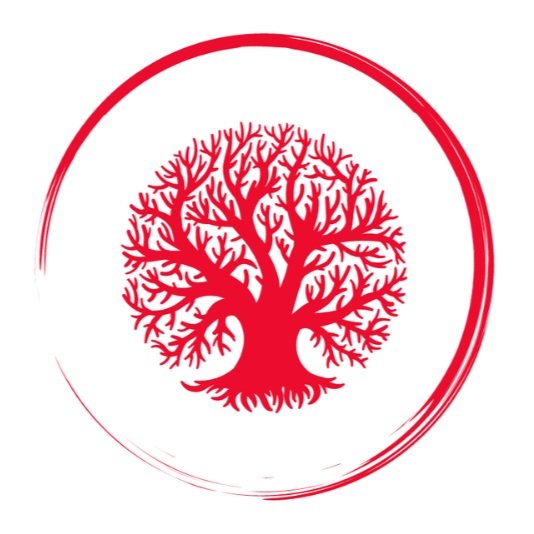Team Killers #2: Ghosts in the Machine
In this second post of my series on unconscious behaviours that limit a team’s potential, I want to explore the spooky powers—what I call the "ghosts in the machine."
Consider these real-life examples:
• A client struggling to work with a former mentee who is now a peer on the leadership team.
• A CEO stepping into the shoes of a predecessor who damaged trust, facing disengagement from the team.
• A team affected by recent layoffs, no longer delivering at their previous level.
• Two merged teams struggling to collaborate.
• A small boutique agency that feels undervalued after being acquired by a larger competitor.
In each of these situations, the team's present challenges are rooted in the emotional undercurrents of the past. No matter how much we focus on the future, past experiences—departures, old roles, ruptures—continue to affect how we relate to one another today and how effective we are as a team.
𝗪𝗵𝗮𝘁 𝗖𝗮𝗻 𝗛𝗲𝗹𝗽
𝟭. 𝗛𝗼𝗻𝗼𝘂𝗿 𝘁𝗵𝗲 “𝗗𝗲𝗮𝗱”
I invite teams to a powerful constellation exercise. In silence, they stand in a circle in the order they joined the organisation. Then, we create spaces for those who are no longer there. People know where to leave spaces—tapping into the systemic intelligence of the team. This allows them to reflect on the loss of former colleagues—acknowledging emotions like "survivor’s guilt" or concerns over safety and belonging. They often also start to talk about the effect of someone else stepping into a role previously vacated by another, or what it's like to step into another's role, and how the "ghost" of that previous occupant affects them. I invite people to talk about their own "ghosts"—what came before for them that brought them to this team, how these stories shape them. Once these deeper feelings are acknowledged, the team can move forward in ways that fosters trust and safety.
𝟮. 𝗚𝗼 𝘁𝗼 𝗭𝗲𝗿𝗼
I encourage team members to approach every interaction as though it’s the first time meeting their colleague. By setting aside assumptions and history, they open up to curiosity and wonder, which allows for new dynamics and deeper connections. What might shift if you interacted with someone as though you had no past baggage?
As William Faulkner said, "The past is never dead. It's not even past." But when we acknowledge how the past shapes us and take conscious action, new possibilities emerge. All teams and relationships are "haunted" in some way, but with the right tools, we can create new, richer relationships in the here and now.
If you're interested in learning how to release your team’s potential or unlock your leadership, get in touch.




